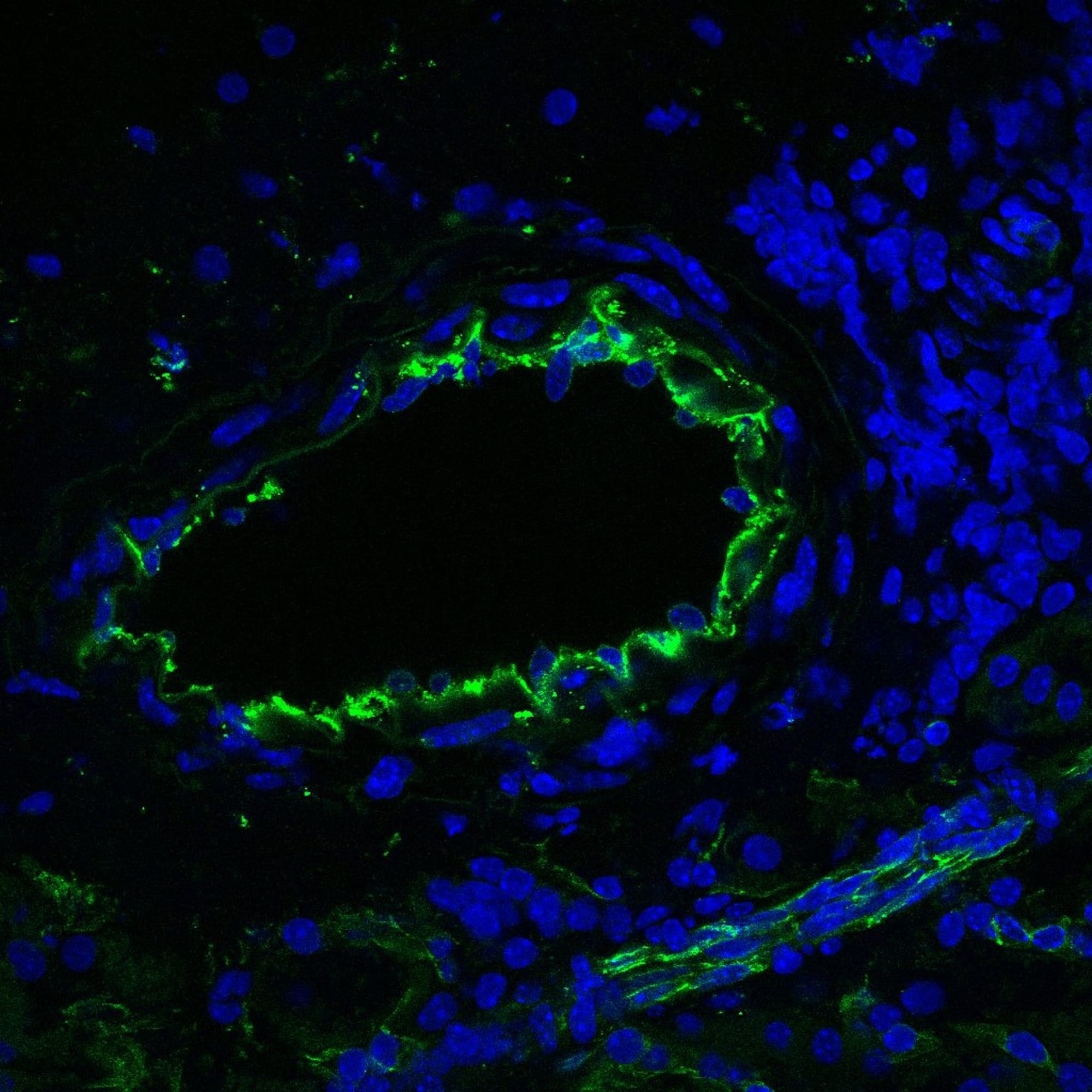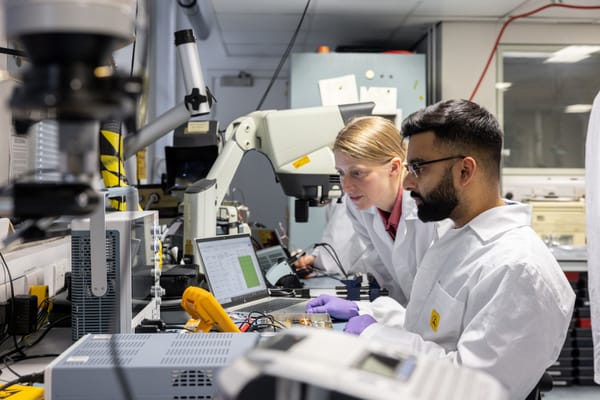This Week in Science 10/10/2025
Kidney with modified O-blood type transplanted into a human for the first time

A kidney was artificially converted to a universally compatible blood type and transplanted into a brain-dead patient, according to an article published in Nature Bioscience Review on October 3rd. The kidney was modified from blood-type A to blood-type O, the universal donor blood type, and continued to produce urine for 6 days after transplantation.
Currently, the average wait for a kidney transplant in the UK is 2-3 years. This is because there are fewer donor kidneys than there are people who need transplants. Recipients of donor kidneys must match blood and tissue types with the donor, otherwise the immune system of the patient receiving the kidney attacks the organ and leads to rejection. This rapid immune response happens in the first few minutes or hours of transplant and can’t be treated.
Researchers in Sichuan University, in collaboration with the University of British Columbia, used enzymes to remove a part of the antigen on A-type cells, converting them to O-type cells. The kidney was transplanted along with immunosuppressant therapy, which is usually given to transplant recipients to prevent rejection. Unlike typical incompatible kidneys, the modified kidney only began to show signs of rejection after 2 days. This technology is promising as it could drastically improve organ availability, especially for people with rarer blood types.










